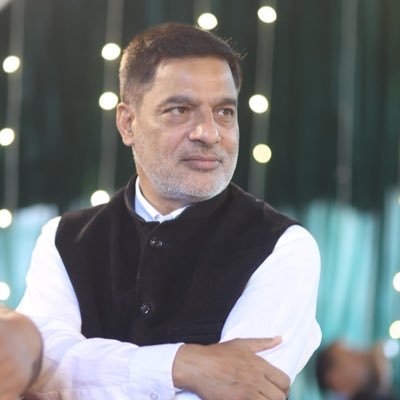The government is reconsidering “safe harbour” protections for social media companies as it looks to classify them based on the functions they perform, the junior minister for electronics and technology said on Thursday during a consultation meeting for the much-awaited Digital India bill.
As per reports, the government is planning to expand the scope of the intermediary liability bill by including a broader range of digital service providers, including search engines, ad technologies, e-commerce and gaming platforms, artificial intelligence, etc. Currently, the bill only regulates social media companies, digital media, and over-the-top platforms as intermediaries.
“There is a need for a different set of rules for each class of intermediaries,” Union minister Rajeev Chandrasekhar said. “There is a question about how many different types of intermediaries today are deserving of safe harbour. Internet in 2000 was a place of good and a place to do good. Now, it is also a place of criminality and user harms. [So] should there be safe harbour at all for intermediaries?”
Section 79 of the IT Act, 2000, absolves social media firms of liability for third party content, or those made by users.
The provision, may now be read down in the Digital India bill for which a draft is yet to be released, Chandrasekhar said on Thursday.
According to Prateek Waghre from the digital rights organisation Internet Freedom Foundation, if an intermediary is not responsible for creating the content, then by definition it should be eligible for safe harbour protection. “Before getting to the question of whether some or all intermediaries require these protections, there needs to be a consensus on an understanding of what the harms in the Indian context are,” he said.
“Attempting to enforce liability on internet platforms for insufficiently defined harms that do not have a clear legal basis risks creating significant gray areas which will result in them having greater power and discretion,” he said.
The minister said that there was no definitive timeline for the Act and full consultations will be done in several cities over the next few months, while stating that the new law must be “future ready” and ahead of the technologies it seeks to regulate.
Internet, devices and information technology have empowered users but also thrown up challenges of new user harms, ambiguity of user rights, safety and security of women and children, organised information wars, radicalisation and circulation of hate speech, misinformation and fake news and unfair trade practices, he said, adding that there was a need to counter the anti-competitive practices undertaken by big tech companies.
Kazim Rizvi, founder of policy think tank ‘The Dialogue’, said that the consultation clarifies the government’s intention to look at competition law concerns in digital markets under the Digital India Act.
“It is still, however, unclear how the proposed DIA will regulate concerns of competition law in digital markets and avoid overlaps and overregulation,” he said. “The situation becomes complex, considering that the ministry of corporate affairs has recently constituted the Committee on Digtial Competition Law (CDLC) with an aim to address the same concerns from a competition lens. Therefore, significant overlaps are likely to arise between the DIA and the proposed DCA that the CDLC is currently working on. It will be crucial that a clear delineation of the scope of the DIA on these concerns is provided by the government in a time-sensitive manner.”
The bill may also contain ownership standards for anonymised data stored by intermediaries, disclosure norms for the data collected and monetisation rules for user and platform generated content. It also proposes adjudications for user harms such as revenge porn, cyber flashing, dark web, defamation, cyberbullying and doxxing.
Chandrasekhar underlined that the “discretionary model” used by social media platforms to curb “fake news” needs to reexamined. The bill, he said, will aim to address this issue as well.
“Countries that have sought to institute anti-disinformation or anti-misinformation laws have invariably criminalised speech and imposed them selectively against dissenting voices,” Waghre added.









